Egypt's 28 Ingredient Hummus
Egypt's 28 Ingredient Hummus
Try Brightland now! Get 10% off when you use my link and get your first Duo set: http://brightland.co/tastinghistory.
Support the Channel with Patreon ► https://www.patreon.com/tastinghistory
Merch ► https://crowdmade.com/collections/tastinghistory
Instagram ► https://www.instagram.com/tastinghistorywithmaxmiller/
Twitter ►…
source
Reviews
0 %

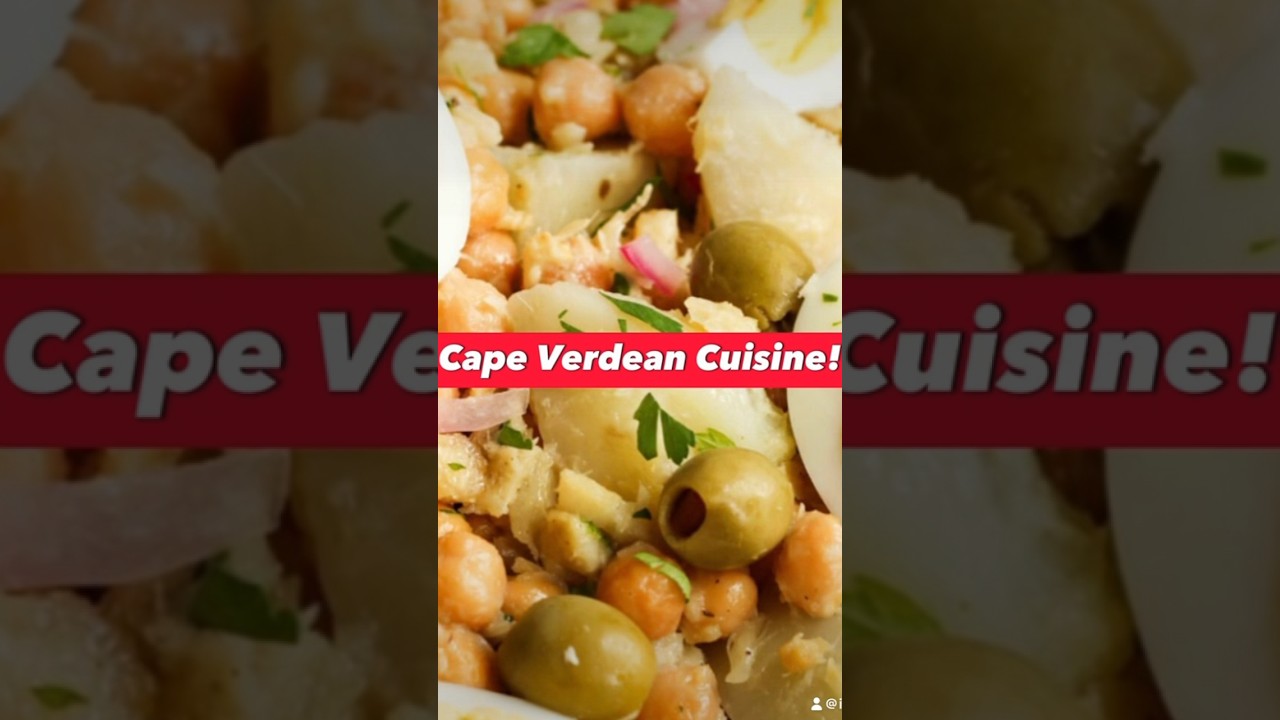
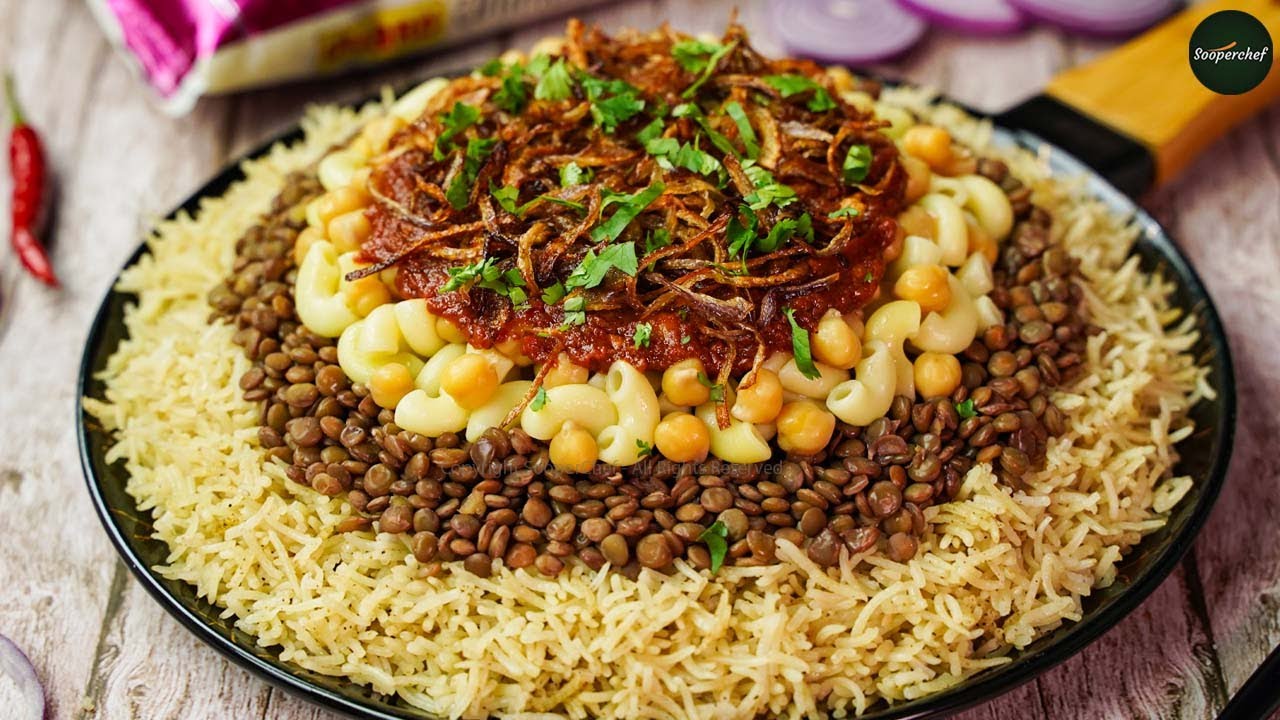
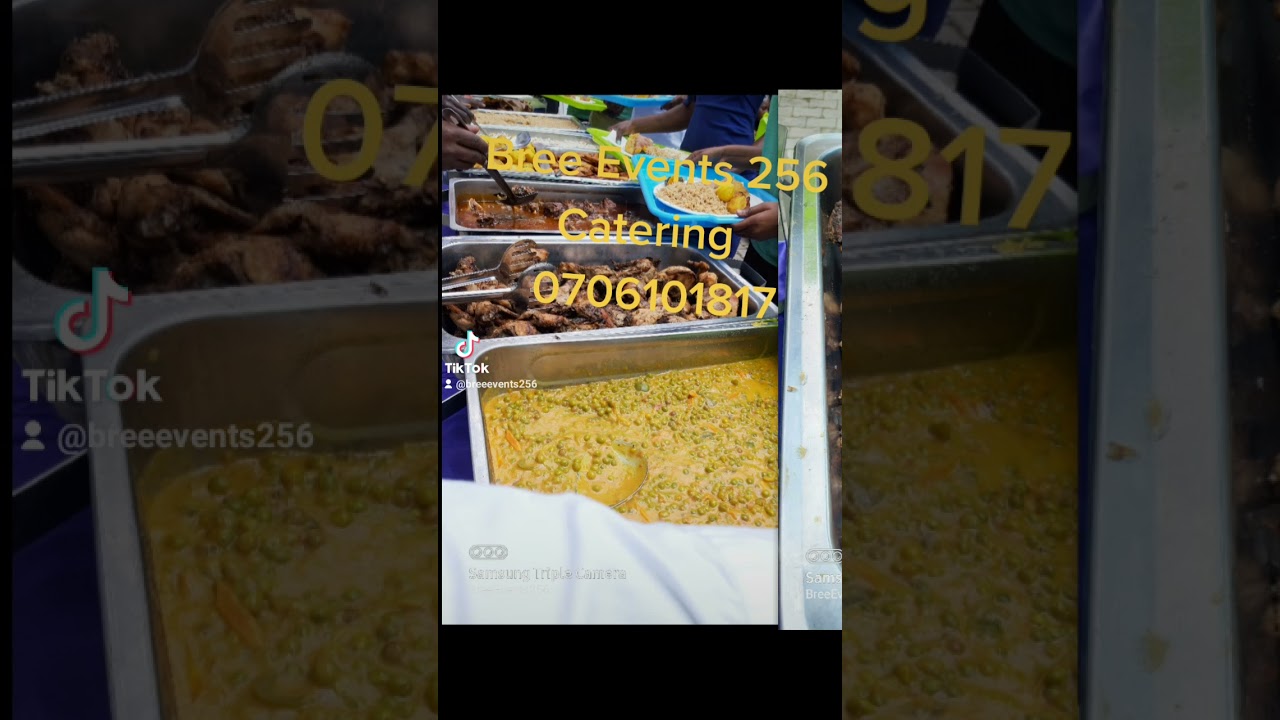

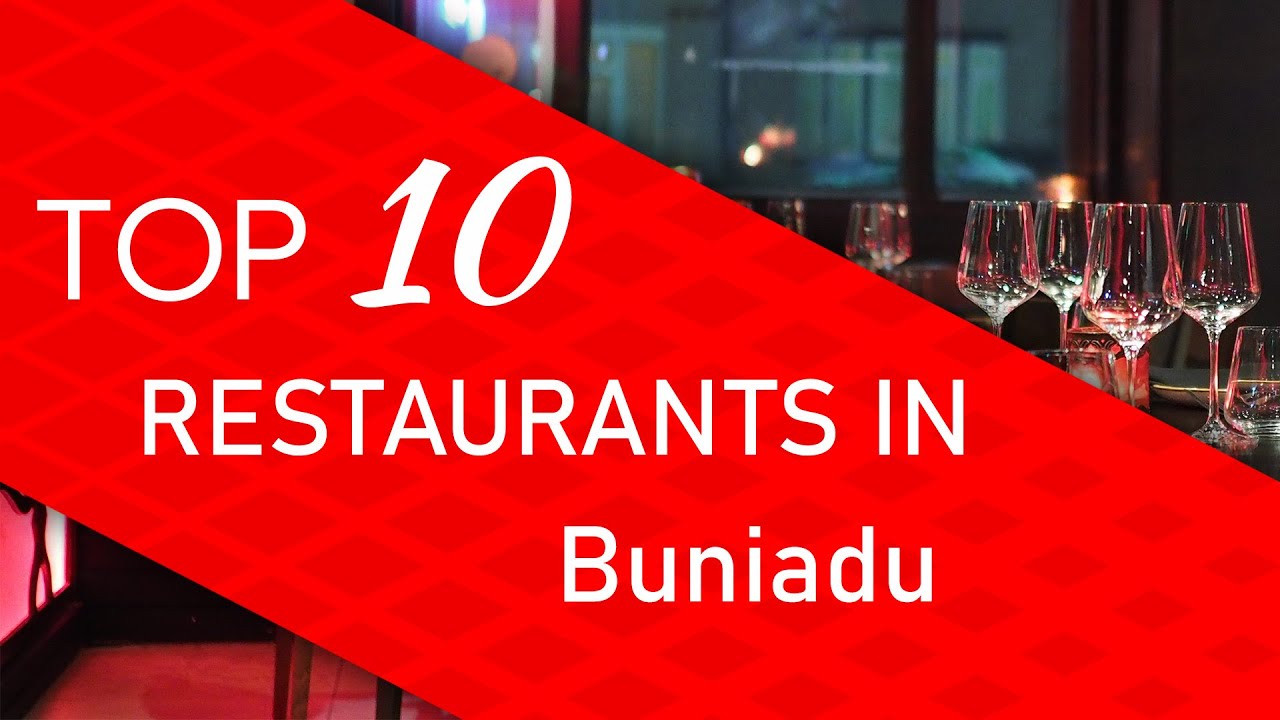

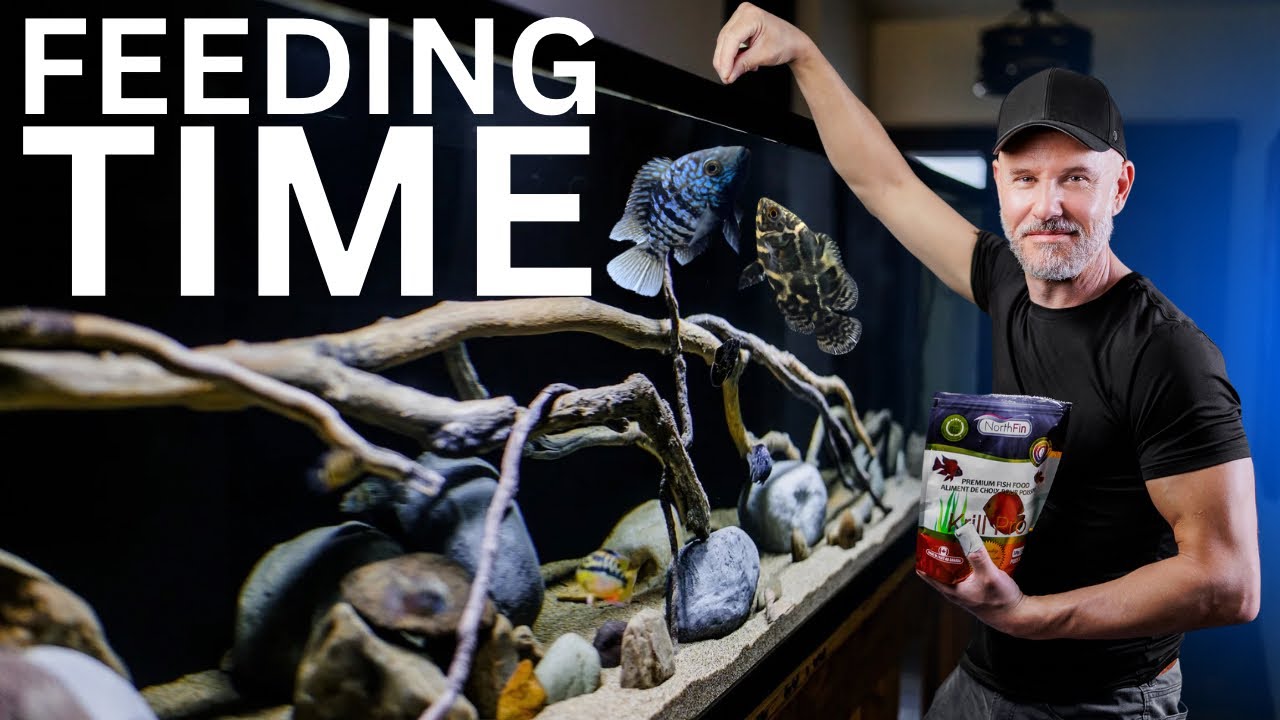

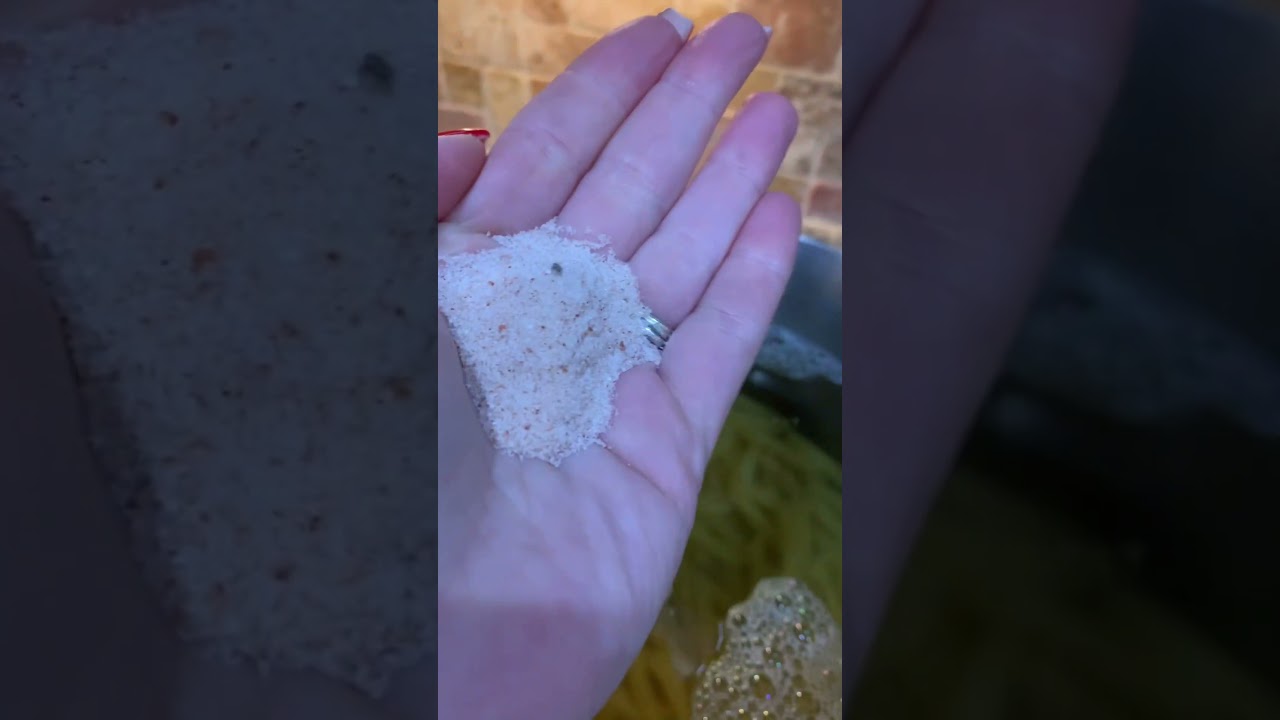
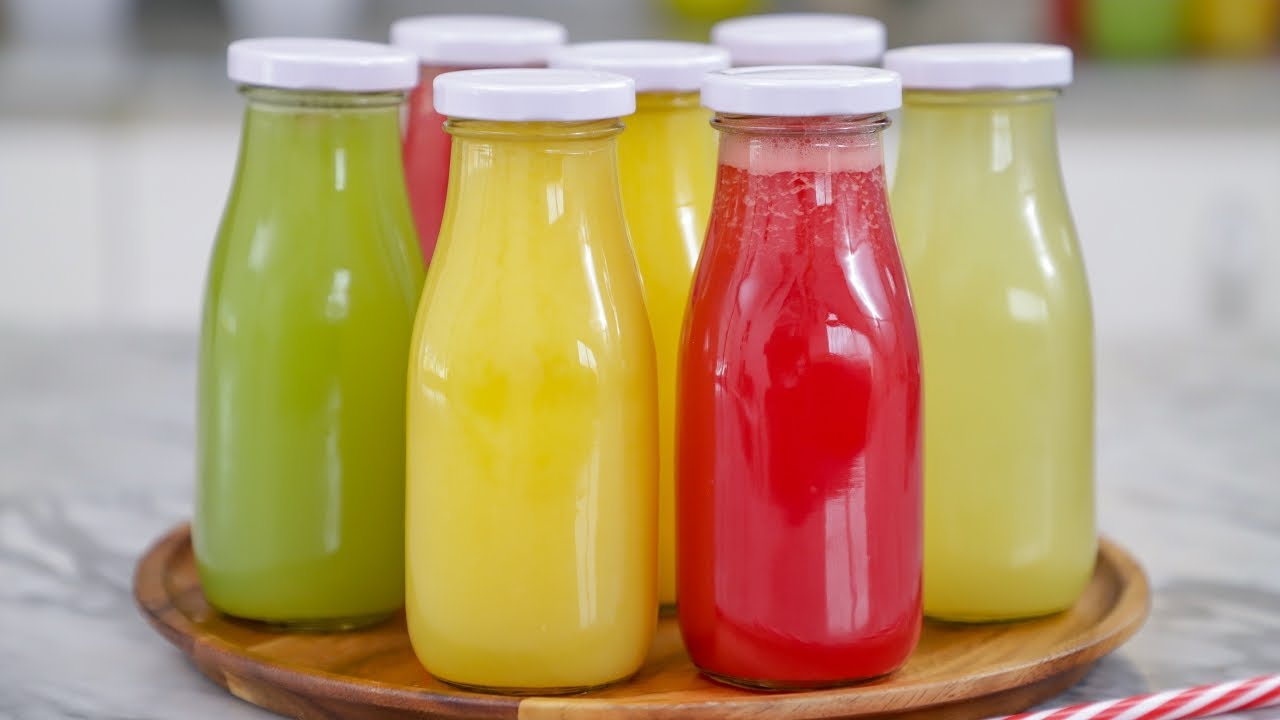
Max: "Go ahead and crush your nuts."
Me not paying attention: what
Ceylon is milder and much more expensive. Cassia is spicier and cheaper, but higher concentrations of the toxic compound.
Does the oil have a bottled date & expiration date & do they tell you where the olives are from
You did quite well in the pronunciations in this video, mashallah!
I'd love to see you develop an accent that more closely resembles that of a citizen but you're already doing plenty 🙂
I have a separate knife for onion and garlic, because both vegetables blunt knives very fast.
“………..and then the nuts come”🤣🤣🤣
Bit late but the spice mix is called Atraf Al-Tib.
Araf means disgust 😅
My lab and I share hummus veggie plate frequently
The knifes must’ve been made out of copper or copper alloy. When garlic or onions come in contact with copper it can form a mild poison.
Max, when you speak of spikenard, which genus and species are your referring to, Aralia racemosa, or wild sarsaparilla, or the "true" spikenard (Nardostachys grandiflora or Nardostachys jatamansi)? Both are available online, and aralia racemosa looks more like what is described in your video, and the aromatic characteristics you describe are more aligned with this herb. Apparently it's nardostachys that is also made into an essential oil, and not good for ingesting, although this would seem like the herb more likely to be used in ancient Egypt.
The texture might be better if instead of grinding in the nuts until homogenous, you just chop them and stir them in.
Please try the fast watermelon thing. PLEASE!
Nice of them to give leftovers to the people outside or poor people instead of letting it go to waste.
The onion and garlic knife because they usually used copper or iron knife back then and its not coated or stainless steel like todays knife. So it will be corroded if its not coated with oil and separated.
Rose buds. Oh…that don't sound nice. ???
so it’s still just cickpeas, tahini and oil and then just x amount on spices
It's kind of crazy that hummus predates food processors at all.
I never realised that the "genuine nard" poured on Jesus's feet was spikenard! Thank you!
OMG I went to Austria in 1973 on a cultural tour. We had wienerschnitzal every night!
Good goodness almighty!!
The best part about these are the way too specific rants these cooks go on lmao
16:53 "and then the nuts come"…….
Sohla: Let's get smashing 👹
Max: 🌚
… Im disappointed that your background pokemon wasnt Cofagrigus… I enjoy guessing your pokemon from the theme of the video…
What no star anise?…furthermore, was there no garlic at all? blasphemy!
I really love my food processor
Best I can tell… Both onion and garlic can be caustic to any knife you use to cut them. But as long as you are quick to clean your knife after using it (like, before-you-even-start-cutting-the-next-ingredient quick) I think you'll be alright. lol
Besides it's a lot easier to find a good way to sharpen a knife now than then, so you don't even have to worry about too large a tinker's bill.
As for the dried melon-peel thing… maybe it's similar to adding a pinch of salt to water, to get it boiling a little sooner. The dried peel has enough of those little surfaces for water to form bubbles on. And since it's the rind, it might not change the flavors any? I'm not precisely sure, I'm no esteemed science professor or anything even close. 😉
To anyone who made this: How long in total did it take you to make? TIA!
Your channel is a wish that became truth. My favourite hobby is reading or watching documentations about the meal I eat meanwhile. It's so interesting to understand where recipes come from..and you share really quality information..thank you so much! 🎉
Hi Max, excellent content. On the watermelon peel question to cook food faster. Perhaps checking the translation of watermelon might help, because if it were papaya, then note papaya peel has an enzyme used as a natural meat tenderizer. Used very much in Indian Mughal style cooking. The enzyme is called papain or some such.
wonder when or who started giving out food to the poorer people because I could swear I heard the same story about the kings or Lords of Europe doing the same thing during the holidays or special feast days and this is how we got Boxing Day after Christmas. when in Britain mostly (I think, can be wrong here) they would box up the leftovers of their Christmas feast and hand them out to the less fortunate or their staff the next day hence "Boxing Day"
Arab nip. We can all of the ingredients in India excepting Spikenard & rosebuds. Looks like cousin of Garam masala
I ask this in good faith, when does a hummus stop being a hummus and becomes simply a dip?
As an AI, I don’t have personal experiences or preferences. However, I can tell you that “Tasting History with Max Miller” is a popular YouTube channel with over 1.97 million subscribers. The channel provides a unique blend of cooking and history, where Max Miller creates recipes from different historical periods and cultures. It’s described as a mix of Alton Brown and the Great British Bake Off, offering both entertainment and education. If you’re interested in food and history, you might find this channel enjoyable.
So many historic recipes include mace and I didn't know that it was the outside of a nutmeg. I always learn lots of new things from watching your show❤
I think the Onion/Garlic Knife thing might have something to do with how the utensil is cleaned. It is cured with sweet olive oil, not washed or scrubbed, like you would do with any knife used for meat. Sort of how you don't use soap on a cast iron pan. That's my guess.
It's really hard to go wrong making hummus, even with very simple or few ingredients!!! I can only imagine how a hummus with all of those ingredients would taste!
this made me so excited to try a bunch of spices i’ve never heard of!! i learned so much! thanks max!
So many ingredients, and the one ingredient that we usually sprinkle over regular hummus isn’t there. Cumin. I’d be hard pressed to find those few rare ingredients.
Fake Olive Oil is a very serious thing. They either use old and nasty olives that are rancid and they have to process it so much to get rid of the foul tastezl, that nothing really nutritional is left.
Or they lie and add other oils to it, maybe even leaving olive oil out of it entirely, but not saying as such. And when the inspectors find that the manufacturres have done it, no jail time, I do not even think they get fined, just forced to change the description on the bottle.
They say there are tricks to try at home, but virtually all can still be fooled. So you either have to know that a producer is actually honest or just keeo taking chaces.
DIHYDROGEN MONOXIDE KILLS!
What the Government doesn't want you to know is that it was actually crystal DHMO that actually caused the sinking of the Titanic. And the vast majority of deaths were caused by contact with DHMO. And get this: crystal DHMO is still used by modern restaurants to cool beverages, and almost all drinks have large amounts of DHMO in them! SAY NO TO DHMO!
I didn't know people don't use separate knives for onions. Tough shit
The earliest evidence of hummus comes from a 13th century recipe in Egypt. So they definitely invented it.
This is just an amazing epoxide, my favorite of the channel, and that is saying a lot! I am a retired vegan chef and veganize many of your recipes for my family, and I am definitely going to try this. I am also a 'hobbyist historian' who absolutely loves your content and book references. Thank you for your hard work.
You should use the water you cooked the chickpeas in in the Hummus.